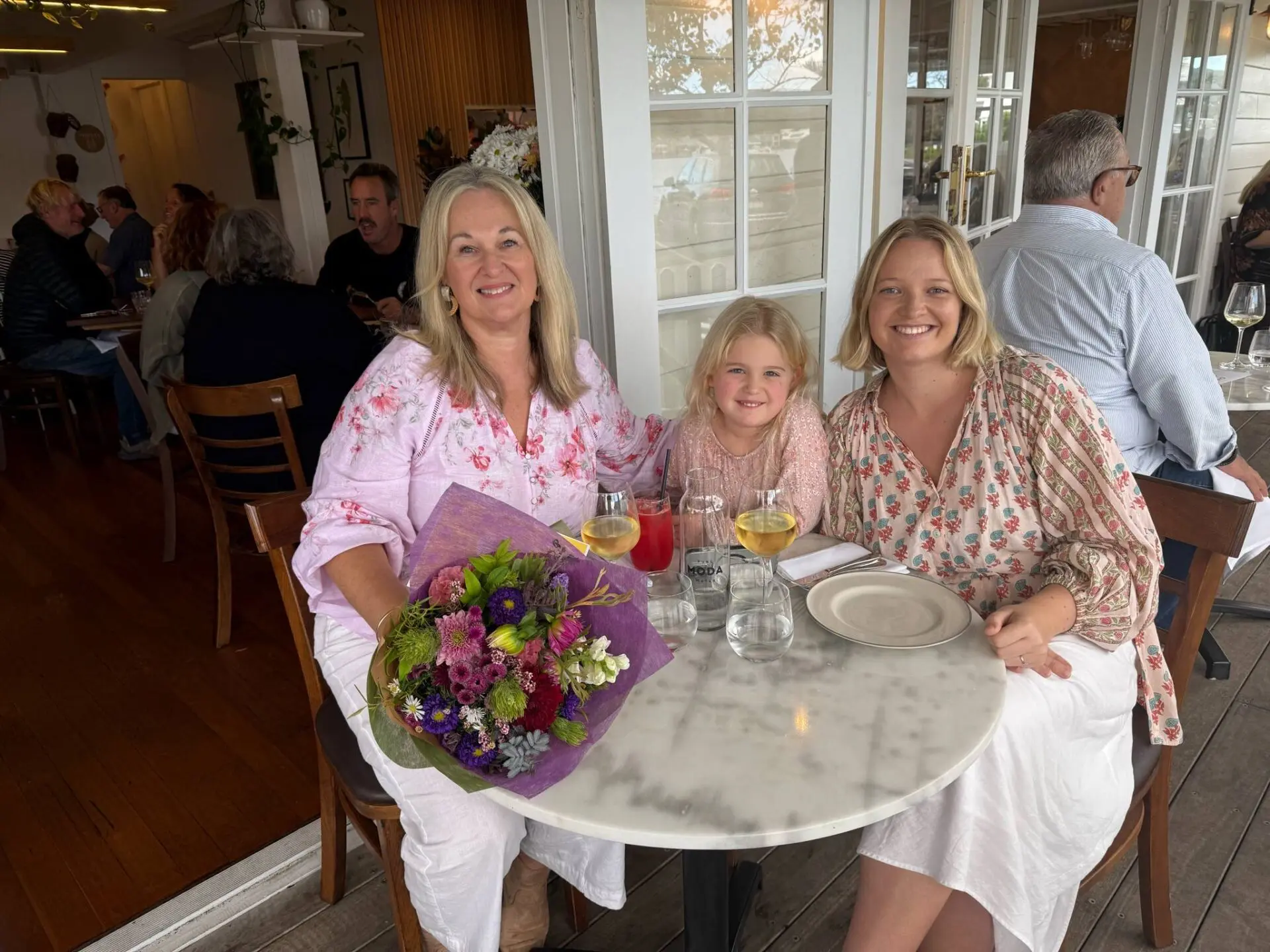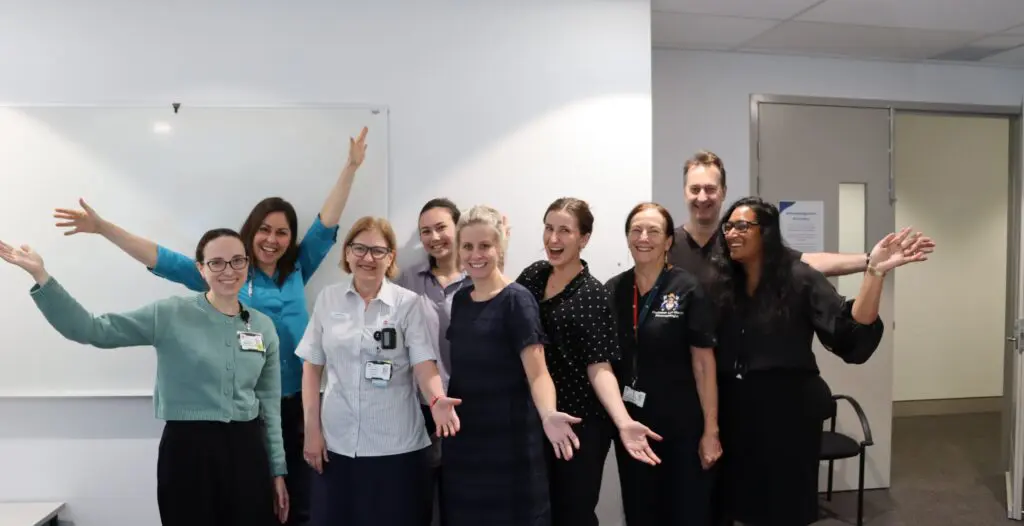
October is Menopause Awareness Month in Australia and it’s a time to talk openly about ‘the change’ – a natural stage in life that affects most women, yet it’s still misunderstood and under-supported.
Menopause marks the end of menstruation and fertility, when hormone levels considerably decline, and for many women, it’s the start of a challenging journey.
- Up to 80% of Australian women experience menopausal symptoms
- Around 50% of women in their early 50s get significant symptoms
- 20% experience severe symptoms like hot flushes, night sweats, brain fog and insomnia
- Yet only 15-20% receive effective treatment.
Hormonal changes start in the teens
Jenny’s story began in her teenage years, when she suffered with debilitating migraines every month. Despite frequent visits to GPs and neurologists, no one connected her symptoms to hormonal changes.
Years later, Jenny gave birth to two healthy children and experienced postnatal depression following the arrival of her son.
In her mid-40s, she began having night sweats, and her sleep pattern became erratic – she was waking every few hours, drenched in perspiration, and constantly exhausted.
“Even in winter,” said Jenny, “I had the fan on high to help with the hot flushes.”
Her husband was understanding, but washing the sheets and bedclothes became a regular chore.
Despite discussing her symptoms with her GP, perimenopause was not mentioned. With a family history of uterine cancer and some abnormal changes of her own, Jenny underwent a hysterectomy at 51, which sent her into full menopause.
Menopause symptoms escalated
Jenny was then continually suffering from burning hot flushes multiple times a day, headaches, brain fog, sore joints, insomnia and loss of intimacy. Her mood swings became unpredictable and even small triggers brought her to tears.
Balancing work, caring for grandchildren and an elderly mother, Jenny – who was once highly organised – was struggling to function. She felt like a different person, and it scared her.
“The rage inside me was off the scale and it affected every relationship, even intimate ones,” said Jenny. “I felt like I wanted to snap and scream at people.”
Despite consulting several different GPs, Jenny found no relief. She was told at the time that menopause hormone therapy (MHT) was ruled out due to her migraine history, as it can increase the risk of stroke. She trawled the web for research, spent hundreds of dollars on natural therapies and even endured painful laser therapy, but nothing worked. After several years of silent misery and barely managing due to waking every few hours each night, Jenny felt helpless and was frustrated at not being able to receive satisfactory treatment.

Finding hope and help at the Menopause Hub
Jenny was working on the Central Coast when she read about funding being available to women suffering from menopausal symptoms. With nothing to lose, she made contact and for the first time, she said she felt heard. After an initial consultation within her local Health District, she received a referral to the Menopause Hub at Royal North Shore Hospital.
While answering the patient questionnaire, Jenny realised she was going through something real and there was hope.
Dr Danielle Robson is the Clinician Lead at the Menopause Hub, where she works with a multidisciplinary team to provide personalised treatment to women suffering from a range of menopausal symptoms. She offered Jenny a tailored care plan.
“Our role is to support women who are navigating severe or complex symptoms related to menopause, ensuring they receive the caring treatment and understanding they deserve,” said Dr Robson.
Jenny started on low-dose MHT patches, received targeted treatments for specific symptoms, and underwent blood tests and scans to assess to check her osteoporosis risk. More importantly, the care team was compassionate and responsive, and she no longer felt alone on her journey.
Within months, Jenny’s symptoms eased. Her mood swings settled down, the hot flushes disappeared, and her sleep has improved. Best of all, she felt like herself again.
“While it’s not perfect,” says Jenny, “it’s certainly improved and it’s manageable. But I also know there’s help at the end of the phone at the Menopause Hub should I need it.”
At her lowest, Jenny felt overwhelmed and miserable, drowning under the weight of menopause. But with support from the Menopause Hub staff, who understand what women like her are going through, she’s now enjoying life again – especially time with her three grandchildren.
You can help support women receive compassionate care and treatment for menopausal symptoms by donating to the Menopause Hub.
